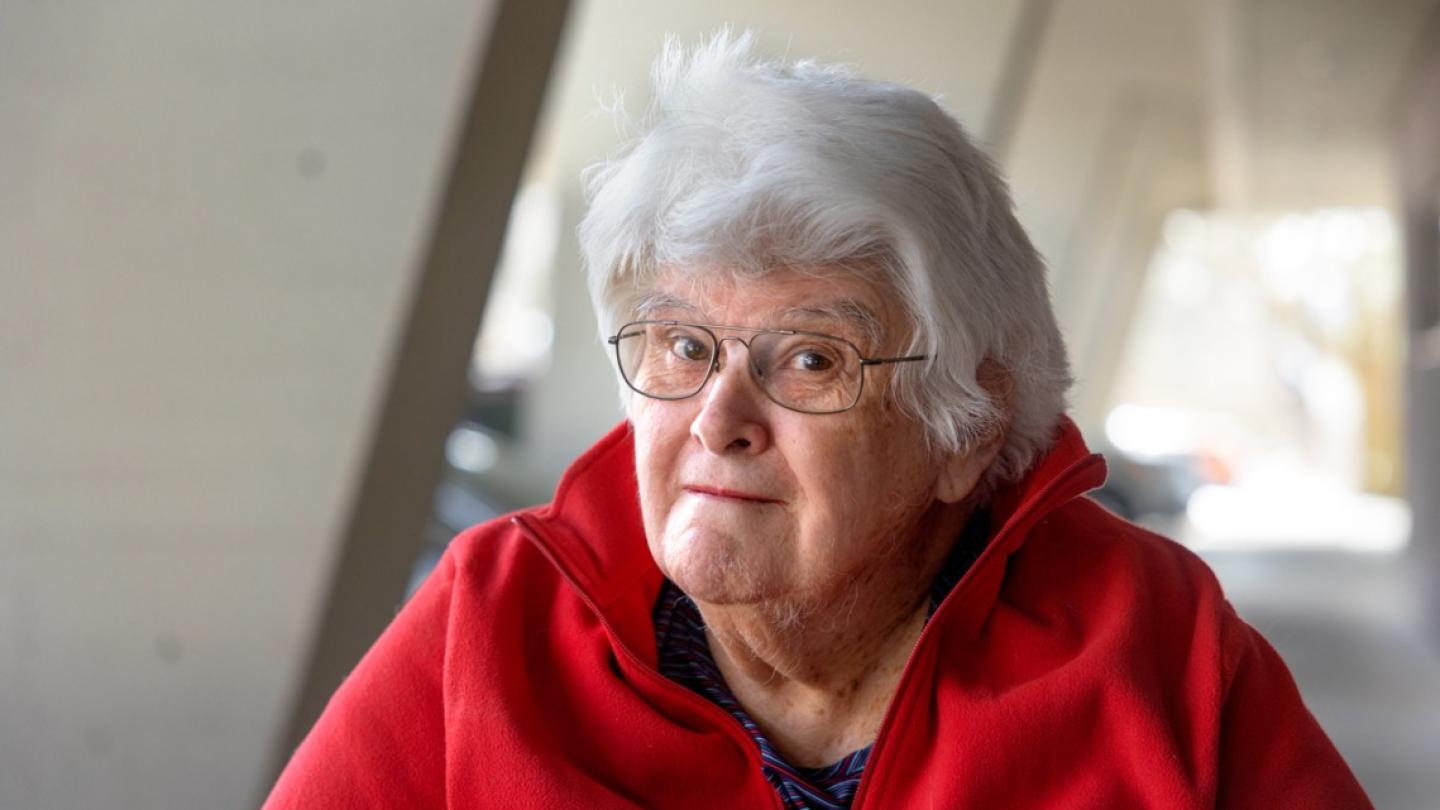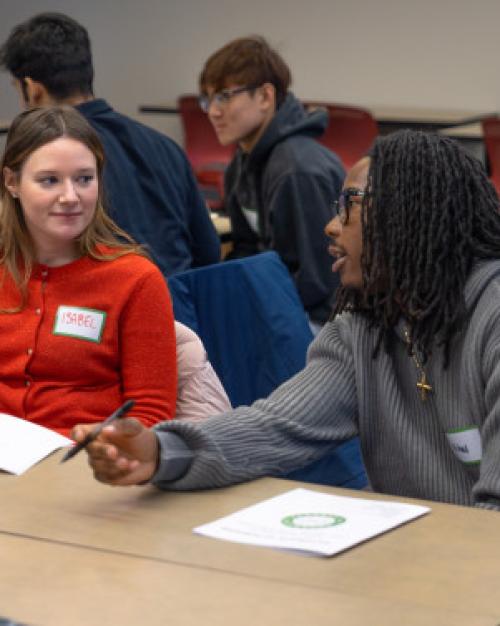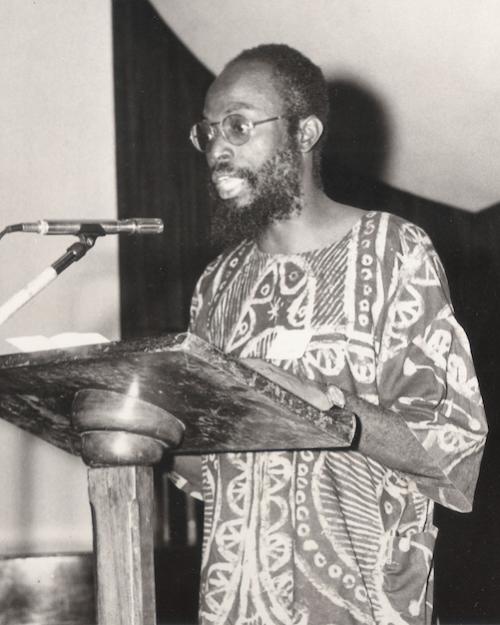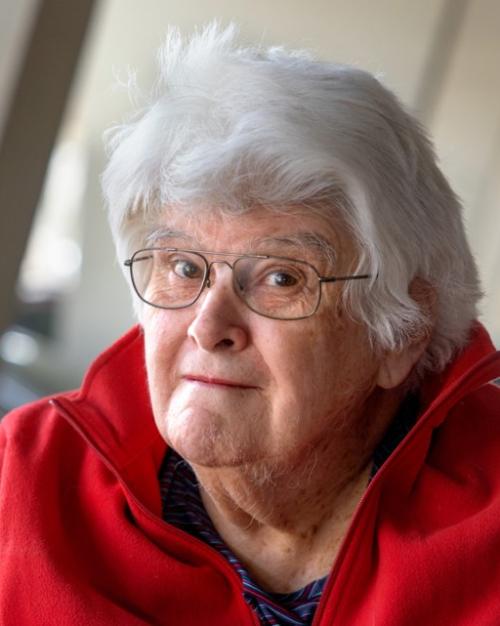Margaret Rossiter, the Marie Underhill Noll Emerita Professor of the History of Science in the College of Arts and Sciences (A&S) and known worldwide for her studies of the history of women in science, died Aug. 3. She was 81.
As a graduate student at Yale University in 1969, Rossiter was told by professors that, up until then, there had been no women involved in scientific research. Not ready to believe that, Rossiter searched for evidence of women scientists and their contributions, eventually finding it in archives and records across the country.
Her books not only chronicled the achievements of women in science, but also highlighted the ways they were discouraged from pursuing the field and left out of history books. Rossiter worked to change that.
“Margaret was a warrior for womankind and a more complete history of science,” said Ronald Kline, Bovay Professor in the History and Ethics of Engineering Emeritus in the Department of Science and Technology Studies (A&S).
Rossiter was profiled by the Smithsonian Institution in 2019. Her three-volume work, “Women Scientists in America,” won the best book award from the History of Science Society (HSS) in 1997, which eventually named an award in her honor. She also won the Society’s Sarton Medal for lifetime scholarly achievement in 2022.
Rossiter was a voracious reader who had an encyclopedic knowledge of science history and was particularly good at drawing connections others hadn’t yet seen, according to Bruce Lewenstein, professor of science communication in the departments of Communication and of Science and Technology Studies (A&S).
“It was not uncommon for boxes of 10 books at a time to arrive from the library,” Lewenstein said. “And her office could be the model for any illustration of books and articles literally spilling off tables and shelves.”
Rossiter attended Melrose High School, was a National Merit Scholar and graduated from Radcliffe College in 1966. She received master’s degrees from the University of Wisconsin, Madison, and Yale before earning her doctorate from Yale in 1971.
Rossiter arrived at Cornell in the mid-1980s on a visiting lectureship. Later in that decade, she was courted by another university for a tenure-track position, but pressure from a prominent Cornell alum encouraged the university to work to keep her. Cornell created the Department of Science and Technology Studies (A&S) in 1991, and around the same time offered Rossiter an endowed chair position.
The department now gives the Margaret W. Rossiter Women in Science award each year to a rising senior for an essay related to women in science.
“One of the things I really remember about Margaret, as a colleague, is how she also took a genuine interest in what her colleagues were working on and would take the time to forward relevant information that she found,” said Jessica Ratcliff, associate professor of science and technology studies (A&S). “I would often find article printouts or clippings in my mailbox, with a note from Margaret.”
Rossiter coined the term “the Matilda effect” to describe the systematic suppression of information about women in the history of science, and the attribution of women’s work in science to male colleagues. It was named for 19th-century suffragist Matilda Joslyn Gage, who first described the effect in an 1870 essay.
Current doctoral student Rebecca Harrison ’14 also benefited from support from Rossiter, whose class on the history of agriculture she took as an undergraduate.
“When I joined the department as a graduate student, Margaret reached out right away to inform me she remembered not only where I sat in that Rockefeller lecture hall a few years prior, but she also recalled the work I produced in her course in astonishing detail,” Harrison said. “She regularly left magazine clippings or abstract calls in my mailbox, a constant reminder that even when her engagement in the department was slowing, she was always paying attention.”
Rossiter also helped guide the early career of Malte Ziewitz, associate professor of science and technology studies (A&S).
“When I arrived at Cornell as a newly hired assistant professor, Margaret was one of the few people working early evenings at the department,” Ziewitz said. “Stops at her open office door often turned into extensive counseling sessions, helping me to navigate the new world of Cornell, U.S. higher education and the country as a whole.”
Among Rossiter’s awards and honors was a Guggenheim Fellowship (1981); a MacArthur Fellowship, also known as a “genius grant” (1989); and multiple grants from the National Science Foundation. She was named a fellow of the American Association for the Advancement of Science in 2013.
The family will hold services on Aug. 15 at the Weir Mac Cuish Funeral Home, 144 Salem St., Malden, Massachusetts, with a visitation on the same day from 6-8 p.m. A Mass honoring Rossiter is scheduled for Aug. 16 at 10 a.m. at Incarnation Church, 429 Upham St., Melrose, Massachusetts, followed by interment at Holy Cross Cemetery.
The Department of Science and Technology Studies plans to hold a memorial at a future date.





